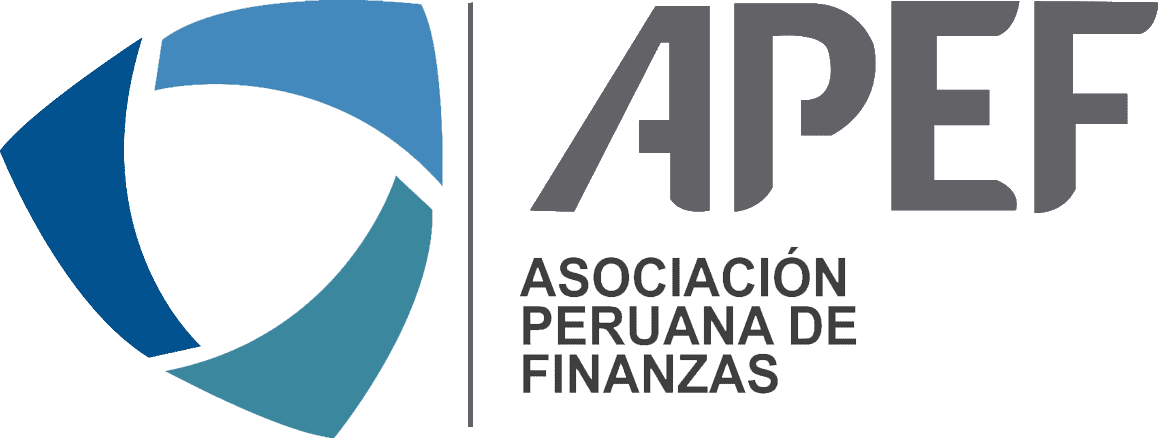We keep our ear to the ground for the interesting stats, insights and discussion points you need to feel in the know about capital markets.
1. Boosting confidence

Both investors and CFOs have doubts about nonfinancial reporting and companies’ ability to meet sustainability targets. Greenwashing perceptions are undermining credibility, and CFOs need to understand investor requirements, reset nonfinancial reporting, and integrate sustainability into financial decisions. The rapid pace of technology and systemic risks like climate change add to the uncertainty, making it crucial for businesses to balance short-term pressures with long-term goals. CFOs play a key role in shaping narratives that highlight how their companies will drive sustained performance and manage volatility. The 2024 EY Global Corporate Reporting Survey reveals deep concerns about sustainability and transparency, with many finance leaders and investors skeptical about achieving stated targets. To address these challenges, finance leaders should focus on creating sustained value, closing the reporting confidence gap, and harnessing finance analytics in the AI era. By doing so, they can position themselves as trusted strategic partners and help shape the future with confidence.
How can CFOs be confident in value creation without confidence in reporting?
2. Counting on change

The role of the financial controller is evolving dramatically right before our eyes, shifting from a focus solely on compliance and efficiency to becoming a key driver of innovation and growth. This evolution is vital for building confidence in capital markets, enabling more thoughtful and informed decision-making for everyone involved. With a significant majority anticipating major changes in their roles, they’re embracing a future where value creation takes center stage. By leveraging AI, data analytics, and sustainability practices, controllers are positioning themselves as essential advisors to the CFO and broader leadership teams. As they embrace this transformation, controllers aren’t merely aspiring to the CFO position — they’re redefining the very essence of leadership in finance…
How can the financial controller transform to shape the future with confidence?
3. Resilient amid chaos

Despite all the uncertainty and market ups and downs, IPOs (initial public offerings) are holding their ground. Even with a global economic slowdown, market volatility, geopolitical shifts, and monetary easing, the IPO market in Q3 2024 is showing cautious optimism. Despite a dip in year-over-year volumes by 14% to 310 IPOs and proceeds by 35% to US$24.9b, Q3 modestly outpaced the first two quarters of 2024 in IPO launches. The rest of 2024 will see the IPO market influenced by central bank policies, geopolitical developments, and key election outcomes. Lower interest rates and easing inflation are likely to encourage new listings, especially in sectors sensitive to borrowing costs. Strong performance in key markets like the US, Europe, and India is expected to continue, with cross-border listings thriving and significant public debuts anticipated…
How can you shape your IPO with confidence?
4. Going green or going home?

The shift from ambitious ESG goals to strict compliance feels very real these days. Not too long ago, many companies aimed high, publishing detailed reports on their environmental impact. Now, they’re navigating a complicated landscape of regulations and striving for accurate data. According to the EY Global Integrity Report 2024, 37% of businesses are struggling to keep pace with the constant changes in ESG requirements worldwide. But here’s the silver lining: this regulatory shift is pushing companies to take a more thoughtful approach to sustainability. Instead of just ticking boxes, they’re starting to weave sustainability into their core strategies. As organizations build confidence in capital markets by embedding ESG into their core strategies, they’re discovering that this not only enhances their reputation but also leads to smarter, more resilient decision-making…
Why ESG integrity is at a crossroad between aspiration and regulation
5. Integrity crisis

The EY Global Integrity Report 2024 highlights that rapid changes and economic uncertainty are making it tougher for companies to maintain integrity. While integrity standards are improving overall, corporate misconduct is on the rise. There’s a growing gap between what leaders say about integrity and how they act, which increases integrity risks within organizations. General counsel can play a crucial role in building an integrity-first culture that prioritizes people. The report shows that nearly half of global respondents believe compliance with integrity standards has improved in the last two years. However, challenges remain, with many admitting they’d act unethically for career advancement. Employee misconduct is often influenced by leaders’ behavior, and many leaders feel pressured not to report misconduct. Lack of training and resources also contribute to integrity violations. The report suggests that organizations need to focus on creating a strong culture of integrity, supported by leadership and clear policies, to navigate these challenges and build trust.


